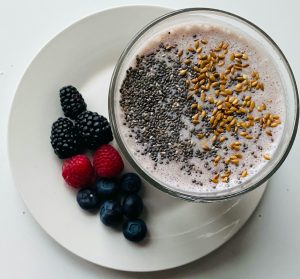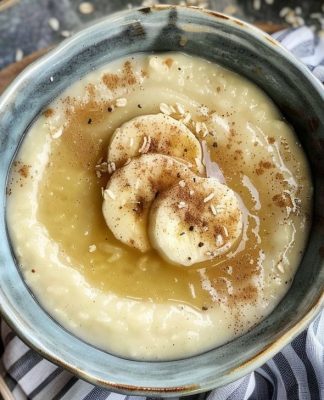It’s no secret that our food choices impact our physical health. However, emerging research suggests that what we eat can also affect our mental health. Specifically, the health of our gut, which is home to trillions of microorganisms that play a crucial role in our physical and mental well-being. In this article, we explore the link between gut health and mental health and how what you eat can affect your mood.
What is the gut-brain axis?
The gut-brain axis is the two-way communication system between the gut and the brain. The gut and the brain are connected via the nervous system and the endocrine system. The gut produces several hormones and neurotransmitters that influence our mood and behavior, including serotonin, dopamine, and GABA. These neurotransmitters play a crucial role in regulating our mood, sleep, appetite, and stress response.
How gut health affects mental health
Research suggests that imbalances in gut microbiota can contribute to mental health disorders such as anxiety and depression. Imbalances can occur due to poor dietary habits, stress, medication use, and infections. When there is an imbalance in gut bacteria, it can lead to chronic inflammation and an overactive stress response, which can impact our mental health.
On the other hand, a healthy gut microbiome can protect against mental health disorders. Studies have shown that probiotics, which are beneficial bacteria found in foods like yogurt, kefir, and sauerkraut, can improve symptoms of anxiety and depression. Probiotics work by reducing inflammation and modulating the stress response.
Foods that improve gut health and mental health
Eating a diet that supports gut health can help improve your mental health. Here are some foods to consider incorporating into your diet:
Probiotics: As mentioned earlier, probiotics can improve mental health by reducing inflammation and modulating the stress response. Foods that are rich in probiotics include yogurt, kefir, sauerkraut, kimchi, and kombucha.
Prebiotics: Prebiotics are types of fiber that feed the beneficial bacteria in our gut. Foods that are rich in prebiotics include garlic, onions, leeks, asparagus, bananas, and oats.
Omega-3 fatty acids: Omega-3 fatty acids are essential fats that have been shown to improve mood and reduce inflammation. Foods that are rich in omega-3 fatty acids include fatty fish (such as salmon, mackerel, and sardines), chia seeds, flaxseeds, and walnuts.
Fermented foods: Fermented foods are rich in beneficial bacteria and can help improve gut health. In addition to the probiotic-rich foods mentioned earlier, fermented foods include miso, tempeh, and natto.
Dark chocolate: Dark chocolate contains compounds that can improve mood by boosting serotonin levels. Look for chocolate that is at least 70% cacao for the most health benefits.
The gut-brain axis is a complex system that plays a crucial role in our mental and physical well-being. By incorporating foods that support gut health, we can improve our mood, reduce inflammation, and protect against mental health disorders. So next time you are choosing what to eat, consider the impact it can have on your gut and your mood. A healthy gut may just be the key to a happier, healthier you.
















